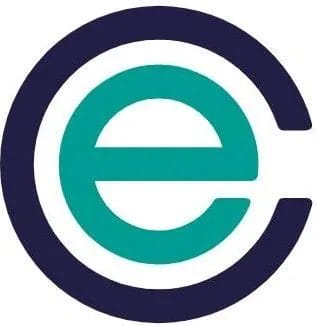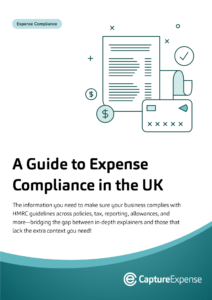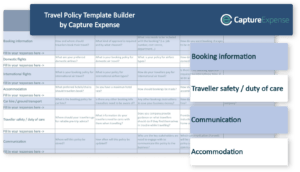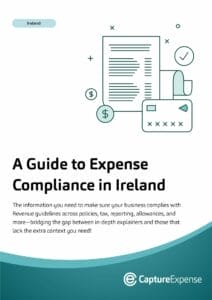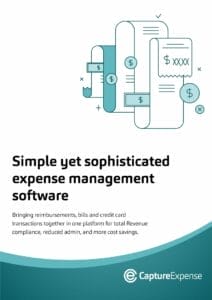
When you take that first step into the world of UK taxes and National Insurance contributions (NICs), you might come across various terms that can seem confusing at first.
One such term is “Class 1A NICs”. Understanding what these are, when they apply, and how they impact you or your business is crucial for maintaining compliance with HMRC.
But don’t worry, we’ve done all the heavy lifting for you. Here’s what you need to know about Class 1A NICs.
What are National Insurance Contributions (NICs)?
Let’s take a step back for a second. For those who aren’t entirely familiar with what NICs are:
National Insurance contributions are payments made by both employees and employers in the UK to fund certain state benefits, including the state pension and various social security benefits. NICs are similar to social security contributions in other countries.
What are the different National Insurance (NI) classes?
Let’s take a look at the various classes of National Insurance for employees and employers:
- Class 1 NI: applies to employees who earn more than £242 per week and are under the state pension age. It’s automatically deducted by the employer.
- Class 1A or 1B: are paid by employers on their employee’s expenses and benefits.
- Class 3: are voluntary contributions an individual can make to make sure their NI record has no gaps.
- Class 4 NI: contributions apply to self-employed people earning profits of more than £12,570 in a year.
It’s worth noting that self-employed professionals no longer have to pay Class 2 NI contributions, but they can still make voluntary contributions.
What are Class 1A NICs?
Class 1A NICs are a specific type of National Insurance contribution paid by you (the employer). They’re due on most taxable benefits provided to your employees. These benefits are often referred to as benefits in kind and can include things like:
- Company cars
- Private medical insurance
- Non-cash vouchers
- Beneficial loans
You must pay Class 1A NICs for
- Directors and certain senior employees.
- Regular employees.
- Family members or household members of the above, who also receive benefits.
The conditions for Class 1A NICs to apply
- The benefit must not already incur a Class 1 NICs liability.
- The benefit must be related to employment.
- The benefit must be subject to Income Tax.
It’s also worth mentioning that there’s an exemption for “smaller” benefits, such as taking an employee out for lunch, as long as the cost is £50 or less.
Under what circumstances are you exempt from paying Class 1A NICs?
You are exempt from paying Class 1A National Insurance contributions if:
- Your employee receives a benefit in kind that’s non-taxable (such as employer-provided pension schemes)
- The recipient does not qualify as an “employed earner.”
- The benefit is covered by a PAYE settlement agreement.
When are Class 1A NICs due?
Class 1A NICs are due once a year, after the end of the tax year. You must pay these contributions by the 22nd of July (or 19th of July if paying by post).
It’s also worth noting that from April 2026, the payrolling of BIKs will become mandatory – removing the need for you to complete annual P11D forms. For more information on how this will impact you read Payrolling of BIKs to Become Mandatory from 2026: What you Need to Know
How are Class 1A NICs calculated?
The amount of Class 1A NICs you need to pay is calculated based on the value of the taxable benefits provided to your employees.
For the tax year 2025/2026, the rate is 15%. For example, if the total value of the benefits you provided is £10,000, your Class 1A NICs would be £1,500 (15% of £10,000).
Reporting and paying Class 1A NICs
To report and pay Class 1A NICs, you must:
- Calculate the total value of all taxable benefits provided to your employees during the tax year.
- Complete a P11D(b) form: this form summarises the amount of Class 1A NICs due. It must be submitted to HMRC by 6th July following the end of the tax year.
- Pay the Class 1A NICs: make sure the payment is made by the deadlines mentioned above.
Can your payroll software handle taxable benefits?
If you’re looking to quickly and efficiently manage all your employees’ taxable benefits book a personalised demo today with our sister company Cintra.
